Join us with Mairi Ferris from Thrive Outdoors – Inspiring Scotland in this 60-minute online session, to explore how digital technology can be used effectively at early level to creatively support interactions, experiences and spaces within our outdoor environments. This webinar is for practitioners working with early level learners across a variety of settings in Scotland.
The session will include creative examples from practice, centered around Curriculum for Excellence early level Digital Literacy Experiences and Outcomes, to illustrate what learning with and through digital technology outdoors may look like across a variety of settings.
Creativity is about much more than expressive arts, it is the ability to wonder about things, to see them or use them differently. Creativity is vital for all learning. Think about the creativity involved in the everyday problems we face. Consider the pace of change in our world and how we need to ensure our children are equipped with the right skills for their future. The foundations are built from the child’s earliest years. Creativity is crucial within science, technology, engineering and mathematical learning (STEM). It is also essential to language and literacy development. Realising the ambition: Being Me (page 24)
We will also refer to National self-evaluation framework, How Good is Our Early Learning and Childcare Quality Indictor 3.3 Developing creativity and skills for life and learning (including digital skills), to help us identify strengths in the ways we are currently working and areas where we could do more to improve outcomes for children and their families.
We welcome you to familiarise yourself with Curriculum for Excellence early level Digital Literacy Experiences and Outcomes prior to joining us.
The examples of practice included in the session content will be ELC focused, however this session is for all practitioners working at early level across a variety of settings.
Glow login NOT required.
This session will be repeated five times throughout the year 23/24 with morning and twilight options.

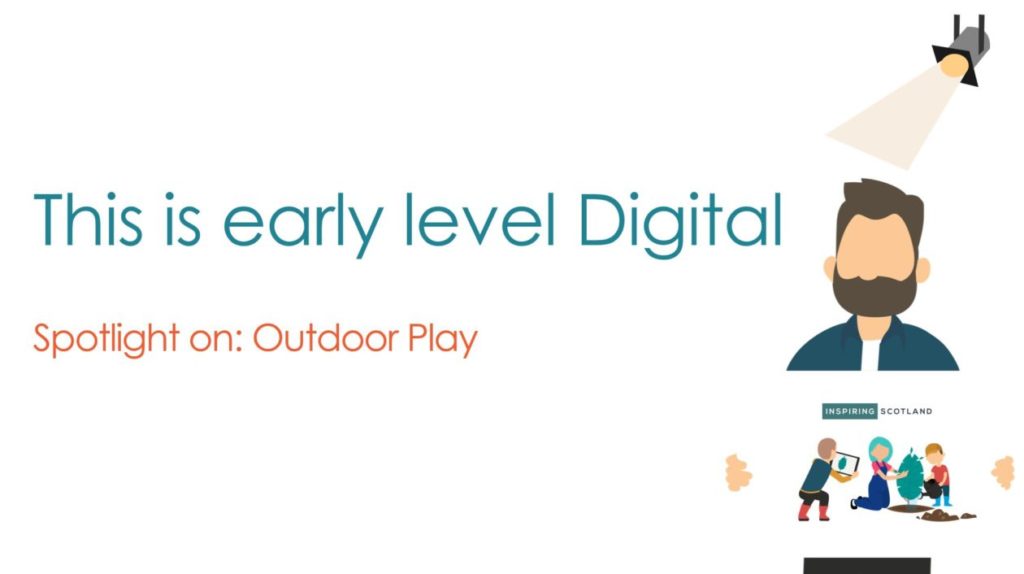
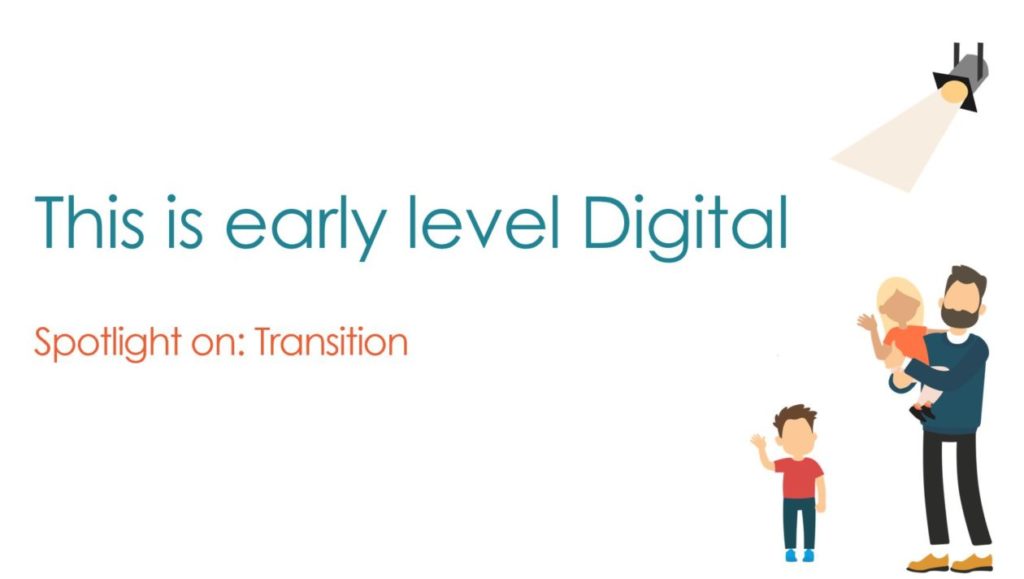
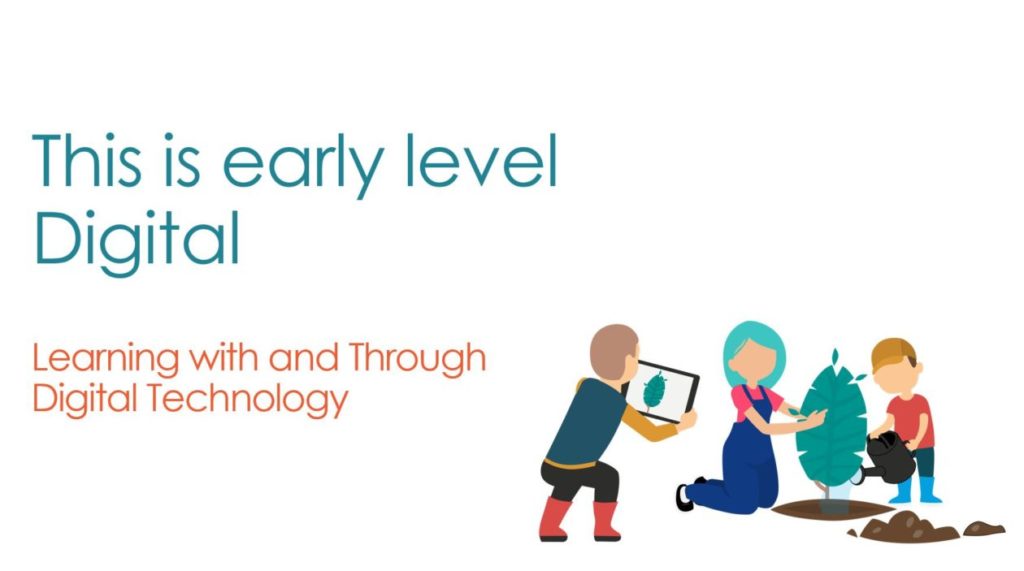
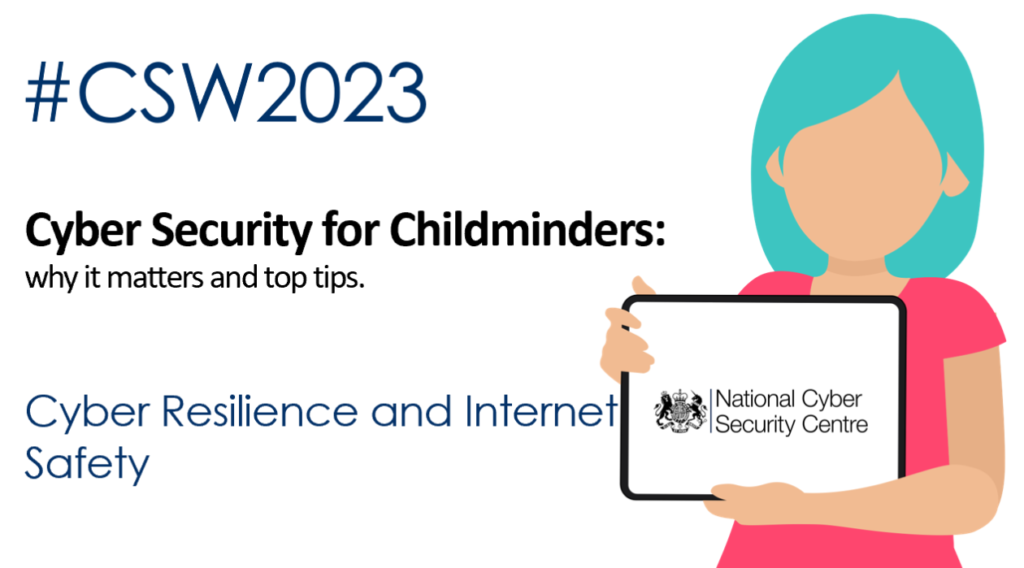

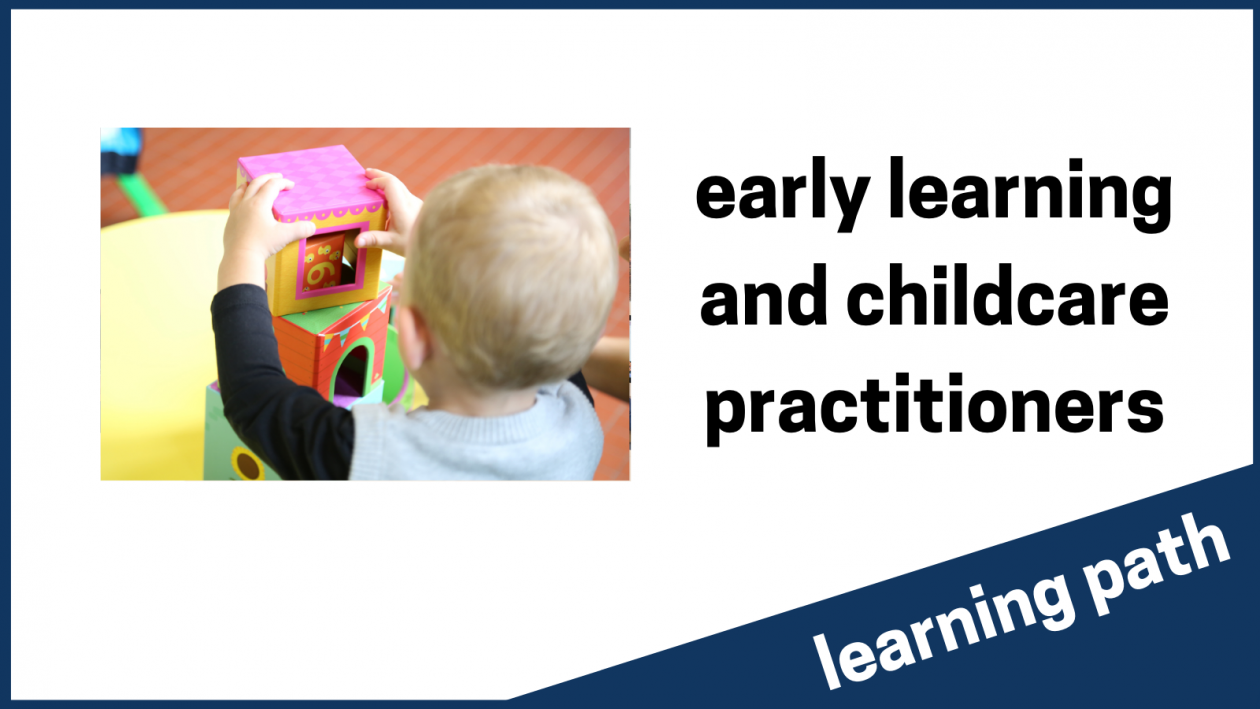



You must be logged in to post a comment.